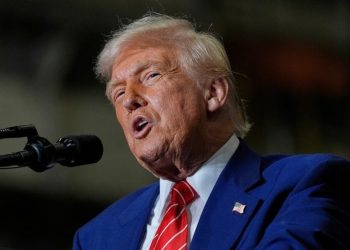Ukraine’s parliament appointed Yulia Svyrydenko, a 39-year-old technocrat, as the country’s new prime minister on Thursday, marking the most significant government overhaul since Russia’s full-scale invasion in February 2022. The sweeping changes come as President Volodymyr Zelensky seeks to revitalize wartime governance, boost domestic weapons production, and stabilize Ukraine’s loan-dependent economy amid dwindling prospects for peace with Moscow.
In a decisive address to lawmakers, Zelensky outlined an ambitious roadmap for Svyrydenko’s government, demanding an increase in Ukraine’s domestic arms production from 40% to 50% within six months. He also emphasized deregulation, economic cooperation with Western allies, and defense industry expansion as top priorities. Svyrydenko, who previously served as first deputy prime minister, vowed swift action, declaring on X (formerly Twitter): “War leaves no room for delay.”

New Defense and Energy Ministers Appointed as Ukraine Prepares for Long War
The reshuffle also saw Denys Shmyhal, Ukraine’s longest-serving prime minister, transition to defense minister, while Svitlana Hrynchuk took charge of the energy ministry. Key economic roles went to Oleksiy Sobolev and Taras Kachka, signaling a push for EU integration and wartime economic resilience. Shmyhal called the team “time-tested” but acknowledged “new tasks, challenges, and a high level of responsibility.”
The cabinet changes come as Russian forces intensify attacks along the 1,000-km frontline and escalate airstrikes on Ukrainian cities. With foreign aid shrinking, Kyiv faces a looming $19 billion budget deficit, forcing Svyrydenko to pursue public finance audits, large-scale privatizations, and entrepreneurial support to stabilize the economy.
Will Zelensky’s Team Stay Independent?
Despite the reshuffle’s promise, opposition figures like Yaroslav Zheleznyak of the Holos party doubt the new ministers will operate freely, suggesting Zelensky’s office will retain tight control. “They will be told by the president’s office what they should really do,” Zheleznyak warned, raising questions about wartime governance transparency.

















